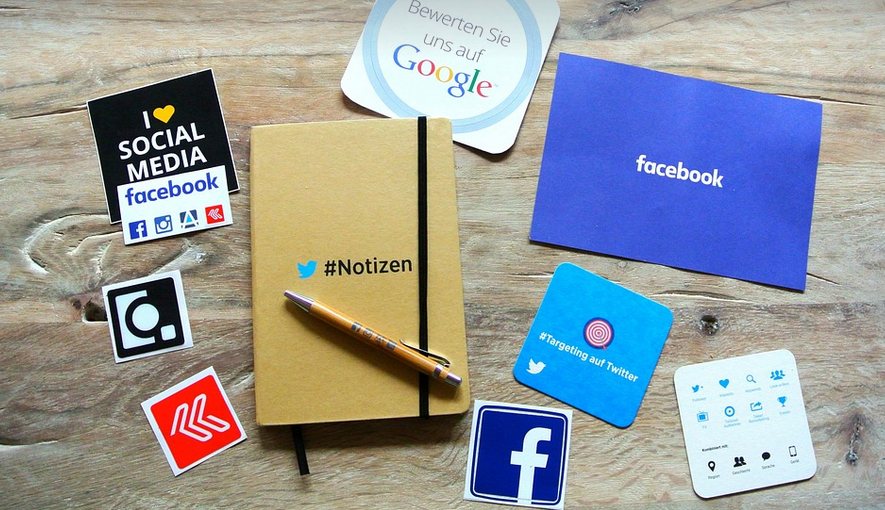Navigating the Fueling Maze of Fasting
Fasting, whether it’s a temporary 24-hour break or a long-term lifestyle choice, has seen immense popularity in recent years. This trend is driven by various motivations, from weight management and improved well-being to spiritual practices. However, the practice requires careful planning and attention to nutritional needs, especially when fuel is limited. Enter zero-calorie energy drinks—a subject that often sparks debate.
Fasting essentially means abstaining from food for a period of time, a concept rooted in the human body’s natural response to periods of scarcity. Our bodies, accustomed to regular mealtimes and readily accessible fuels, can experience fluctuations in energy levels during fasting. This leads us to seek methods to maintain balance and sustain our physical and mental energy while adhering to dietary restrictions.
Here’s where zero-calorie energy drinks enter the picture. They offer a unique solution for fasting enthusiasts looking to boost their energy without adding calories. These drinks are formulated with natural ingredients, often including caffeine and other stimulants like ginseng or L-theanine. However, it’s important to remember that these beverages should not be seen as a substitute for proper meal planning.
The allure of zero-calorie energy drinks lies in their ability to provide a quick burst of alertness without disrupting the fasting process. They are often preferred by individuals with sensitive stomachs or those who find traditional, calorie-laden beverages difficult to consume during prolonged fasts. They offer a refreshing alternative, particularly for keeping your mental focus sharp and your body energized, even within the confines of a fasting regimen.
However, it’s crucial to approach the use of zero-calorie energy drinks with caution and in line with established guidelines for fasting. When consumed during extended fasts, these drinks must be carefully integrated into your overall dietary plan. Without proper planning and consideration, their impact might inadvertently disrupt the desired fasting experience.
The key lies in understanding the nuances of how these beverages interact with the body’s natural rhythms and energy systems under different fasting conditions. Before incorporating any energy drink into your fasting routine, seek advice from a qualified healthcare professional or a registered dietitian who can provide personalized recommendations based on your individual needs.
One crucial aspect to consider is the impact of caffeine on the body during fasting. While caffeine stimulates alertness and focus, its long-term effects can be unpredictable when combined with prolonged fasting regimens. Some individuals may experience increased anxiety or restlessness. Therefore, moderation is key, particularly when experiencing fasting for extended periods.
Another crucial point to consider is the potential impact of artificial ingredients and additives found in some zero-calorie energy drinks. These beverages often contain various flavorings, sweeteners, and preservatives that might compromise the purity and suitability of a strict fasting regimen. Opting for natural alternatives like herbal teas or infused water can be a more sustainable option.
When it comes to nutrition during fasting, a focus on hydration is paramount. Water plays a crucial role in detoxification, waste elimination, and maintaining energy levels throughout the fasting period. Additionally, incorporating hydrating fruits and vegetables into your diet can provide essential vitamins and minerals without adding calories.
Ultimately, while zero-calorie energy drinks offer a convenient solution for boosting alertness during fasting, they are not a magic potion that will automatically sustain you through prolonged periods of dietary restriction. They should be viewed as a tool to enhance the experience rather than a replacement for proper planning and nutrition. Always prioritize hydration, incorporate diverse healthy snacks strategically, and most importantly, consult your doctor or a registered dietitian before making any significant changes to your lifestyle.
By following these guidelines and focusing on holistic well-being, you can navigate the challenges of fasting with greater ease and reach your desired health goals. Remember, moderation is key, and listening to your body’s signals will ultimately lead you towards a more sustainable and fulfilling fast.


